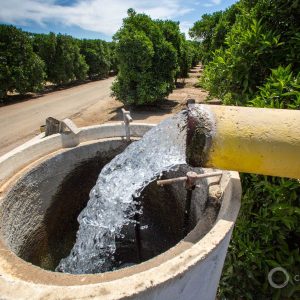The Stream, May 6: UK Landfills At Risk From Rising Seas, Stronger Storms
The Global Rundown
Coastal landfills in England and Wales are a pollution disaster waiting to happen, with many vulnerable to erosion from rising seas and stronger storms, according to a new study. Scientists linked arsenic in well water to higher rates of cancer in New England. A drought in Cambodia is killing wild animals, causing water shortages at schools, and increasing the risk of illness. In the Caribbean, leaky water infrastructure is compounding the consequences of drought. A U.S. judge said the government is not doing enough to help salmon in the Columbia River basin.
“These efforts have already cost billions of dollars, yet they are failing.” –Michael Simon, a federal judge in Oregon, in his ruling stating that government plans to rehabilitate salmon in the Columbia River basin are inadequate. (Reuters)
By The Numbers
291 million liters Amount the island of Saint Lucia loses every month from its water system, creating shortages at the same time a drought is pressuring water supplies across the Caribbean. teleSUR
1,000 landfills Number in England and Wales that are vulnerable to coastal erosion from rising sea levels and stronger storms, according to a new study. As a result, there is a risk that toxic materials could be released. Guardian
Science, Studies, And Reports
Scientists have discovered a possible link between arsenic in drinking water drawn from wells in New England and higher rates of bladder cancer in the region. Diagnoses of the cancer are 20 percent higher in New England than in other parts of the country, according to the study. Reuters
On The Radar
Wild animals are dying in Cambodia amid high temperatures and a severe drought that is affecting the entire country, according to officials. The drought is also increasing the risk of diseases like cholera, and has caused water shortages at many schools. Guardian
Brett writes about agriculture, energy, infrastructure, and the politics and economics of water in the United States. He also writes the Federal Water Tap, Circle of Blue’s weekly digest of U.S. government water news. He is the winner of two Society of Environmental Journalists reporting awards, one of the top honors in American environmental journalism: first place for explanatory reporting for a series on septic system pollution in the United States(2016) and third place for beat reporting in a small market (2014). He received the Sierra Club’s Distinguished Service Award in 2018. Brett lives in Seattle, where he hikes the mountains and bakes pies. Contact Brett Walton






Leave a Reply
Want to join the discussion?Feel free to contribute!